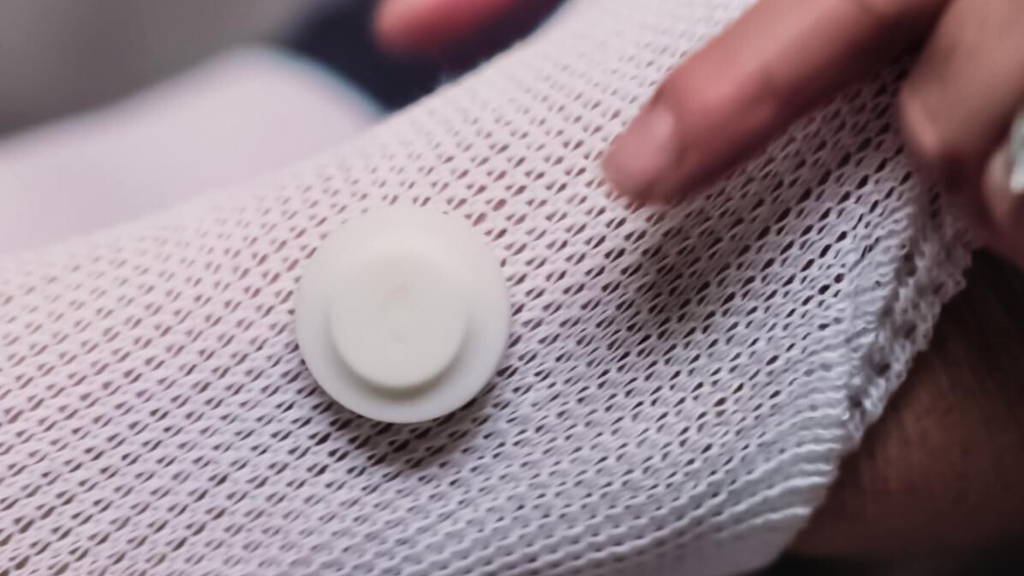That diabetes comes with quite some complications, shouldn’t come as a surprise. Besides making sure blood levels are in order and medication is administered, diabetic patients also have to worry about their blood vessels. Diabetes has the possibility to damage blood vessels and nerves, also known as neuropathy. This can lead to serious issues, one of them being that patients can’t feel their legs and feet like they used to. Because of this, it is possible for wounds, fractures and swellings to go unnoticed for quite some time. This may cause the wound, fracture or swelling to inflame. To prevent this from happening, it is important to catch these issues early.
Siren Care however isn’t the only company looking for a solution for this particular problem.
Although Siren Care’s socks are closer to the wearer’s skin than both SurroSense RX and the PressureGuardian, it still has to overcome quite some problems. First of all; there are a lot a moments during which people don’t wear socks. What happens when the patients sleeps, showers or deems the day too hot for socks? And, since elderly people do have a high risk of type 2 diabetes, what does this mean for patients that don’t feel comfortable using technology?
While it certainly deserves encouragement that designers and researchers are searching for solutions, the lifestyles and preferences of wearers shouldn’t be forgotten. At the end of the day, they are, after all, the ones putting one foot in front of the other.
Siren Care
The team behind start-up Siren Care believes that build-in sensors should play a big part in the solution of this problem. The sensors are woven into the fabric of socks. These smart socks use temperature sensors to detect inflammations, and thus injuries. The socks share their data with an app on the users smartphone. The application alerts the user whenever an issue arises.Siren Care however isn’t the only company looking for a solution for this particular problem.
SurroSense RX
SurroSense RX is a sole which can be placed inside a person’s shoe. The insoles are ‘smart’ and detect it when a wearer has worn the soles for too long, or placed too much pressure on them. The data is shared with a linked smartwatch. This way the wearer can adapt his or her behaviour whenever that’s necessary. The smartwatch collects and stores the data, which gives the wearer insight into what’s happening beneath their feet.PressureGuardian
The PressureGuardian supports prosthetic and orthotic devices. The wearer places the small device onto their footwear, after which the devices performs pressure load measurements. This small device is linked to an application as well.Although Siren Care’s socks are closer to the wearer’s skin than both SurroSense RX and the PressureGuardian, it still has to overcome quite some problems. First of all; there are a lot a moments during which people don’t wear socks. What happens when the patients sleeps, showers or deems the day too hot for socks? And, since elderly people do have a high risk of type 2 diabetes, what does this mean for patients that don’t feel comfortable using technology?
While it certainly deserves encouragement that designers and researchers are searching for solutions, the lifestyles and preferences of wearers shouldn’t be forgotten. At the end of the day, they are, after all, the ones putting one foot in front of the other.






